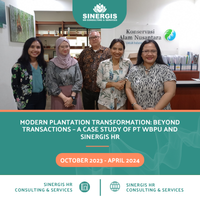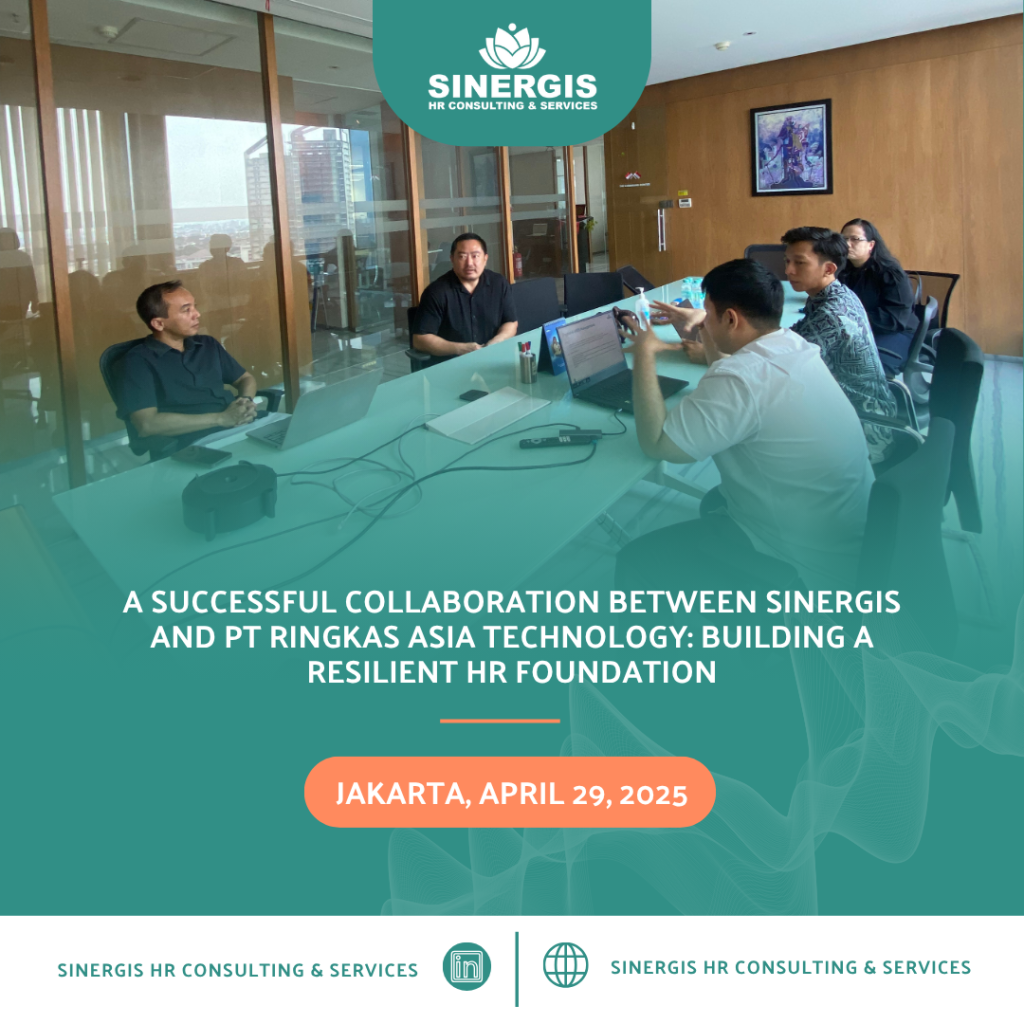
Supporting Career Growth in 2024
Career advancement has never been that crucial for support as it is in the present day working environment. Thus, the development of organizations should promote continuous learning and professional development to attract and retain top talent. As a provider of HRSS solutions, we are committed to help our clients empower their employees and enhance their career growth. Here are some key trends highlighting how HR can empower employees to take ownership of their career journeys:
- Personalized Development Pathways
In contrast to the fundamental, broad training schemes, the employees search for activity-based, personable, and most importantly relevant opportunities. Employees should participate in the development planning process and companies should present them with choices such as courses, mentors, projects or networks. It also creates the sense and drive to work that comes with having a customized learning environment. Organizations providing career development opportunities can exercise influence over personnel behaviour concerning targets, synchronise the endeavour with organisational goals, and maintain employees’ contentment and commitment (Odhiambo, 2020).
- Ongoing Reskilling and Upskilling
It is very clear that job titles of most workers are shifting with the changing pace of advancement in technology and the use of new technologies in the carriage of work. In the next stage, HR needs to collaborate with business stakeholders and map skills required for future business and train/retrain human capital. For instance, improving knowledge retention calls for notable cultural changes supported by structure exercises such as innovation workshops, certifications, and on-the-job training transfers. This locks the generation into the future to meet the technological advancements needed in the workplace. Aligning employee goals with organizational objectives and facilitating successful career development processes can lead to continuous skill development and increased engagement, resulting in higher productivity, retention, and performance levels (Mwova & Langat, 2021).
- Coaching and Mentorship
In this regard, employees not only seek formal training initiatives but also mentorship from their superior. Mentoring relationships need to be encouraged to assist the workers negotiate change for career development and soft skill acquisition such as leadership and networking. Through coaching, leaders are provided with feedback to enhance their performance. Also, the use of HR analytics can enhance employee career advancement which is beneficial for both employee and most of the HR people (Dhankhar & Singh, 2022).
- Data-Driven Career Guidance
Analytics can be used to align competency deficiencies and estimate the preparedness of a candidate for new positions. Insights gathered through the performance review and skills assessment can inform the suggestion for skill development plans that would reflect organizational gaps and the employee’s career goals. Information creates the basis for relevant guidance, some aspects like the organizational structure, levels, and employment scale can impact employees’ perceptions about career advancement (Solihat, 2023).
The results of a study conducted in Indonesia prove the hypothesis that career development causes a change in the performance of the employees by 37.1%. It is known, tested in part compared with work stress variable, career development has a 32.7% impact on worker performance, while work stress has an effect of 4.4%. The remaining is contributed by other factors which are not within the scope of this study (Fauziah, 2023). From the work of Deng (2023), one can conclude that career development, skills training and performance feedback that are part of Developmental HRM practices have a strong positive impact towards the level of commitment towards organizational careers among employees.
Furthermore, training and development activities, organisation development and career development are strategic weapons that improve the person, work group, and organisational level performance. As observed in the case of adopting the developmental HR and collaborative HR, human capital is created through training to increase employee competency, while social capital is developed through shared organizational relationships and improved teamwork. This, in turn, results in improved financial performance over time in the company as this has been evidenced by enhanced return on assets, as noted by Chen and his colleagues (2020).
When it comes to career development, it has to be understood that it is a mutual responsibility of both the employees and employers. All these approaches open up learning solutions, reskilling tools, coaching solutions and data-driven recommendations, allowing employees to take charge of their careers. Feel free to ask if you would like to receive recommendations on how to improve overall career advancement at your workplace as we offer tailor made solutions to ensure precision in organizational success. This is where we come in as your trusted HRSS provider and partner in your human capital management, we’re here to support you every step of the way.




